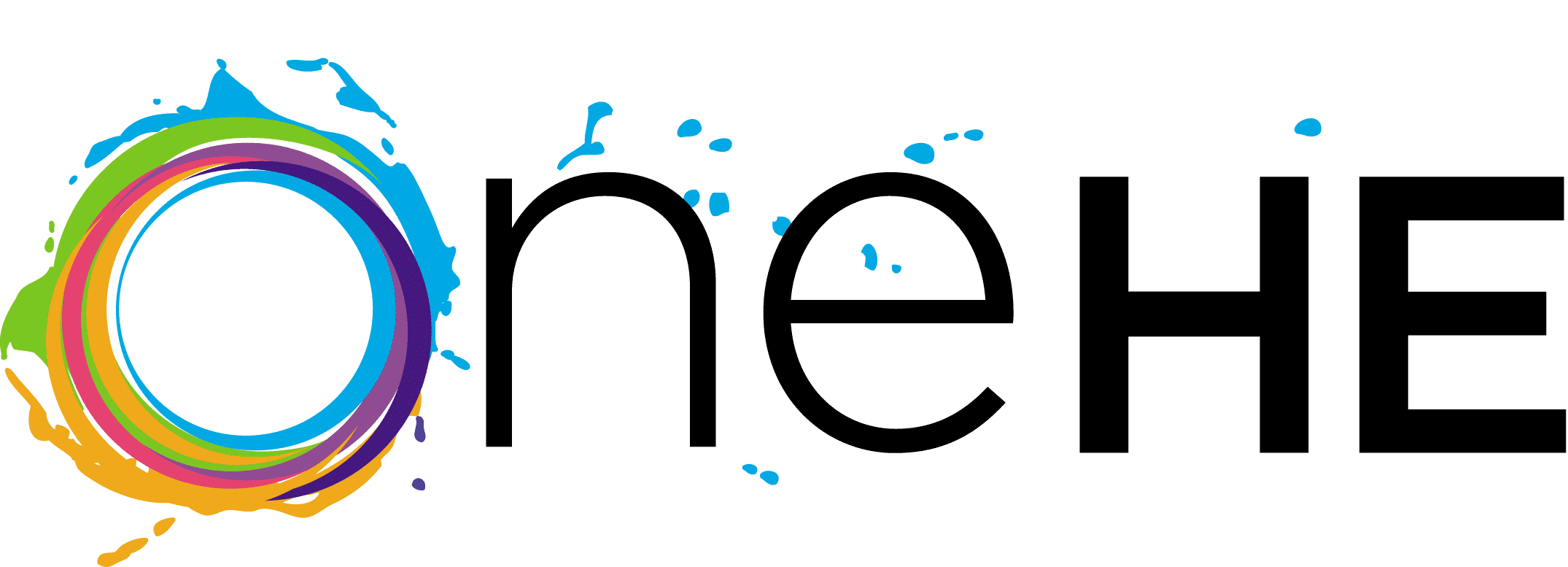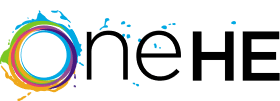Click here to view the video transcript
So as you continue your education and your communication about academic integrity within your institution and your classroom, some of the key takeaways that I want you to learn and remember is that in the discussion of academic integrity, we don’t necessarily have to be discussing students shouldn’t cheat. But we need to be transitioning that to the idea of authentic learning and making sure our institutions focus on their students, and making sure they are learning the material that we need them to learn and want them to learn.
When an educator looks through the lens of authentic learning, three items really come up. First, the educator examines his or her assessment strategies to determine if they are assessing what they really need or want to assess. And also look to see if there’s a better way to assess our students to demonstrate their mastery of the subject.
Second, the educator has the opportunity to adjust their classroom interaction to deter students from being academically dishonest, which includes building that community and reducing stress, which is often those high-stake assessments. The more stress a student is under often leads to poor choices. So if we can reduce that, then our students will be more successful in our classrooms.
And lastly, the educator is able to explain to the students the value of the information being taught, which allows students to also take ownership in their learning of the material. So when our students really focus on learning the material and being that authentic learner, they automatically deter from academic misconduct.
A recent discussion within the realm of academic integrity is the idea of authentic learning and not necessarily making sure students don’t cheat but having institutions focus on making sure their students are receiving authentic learning. When an educator looks through the lens of authentic learning, some day-to-day items come up.
First, the educator examines his/her assessment strategies to determine if they are assessing what they really need/want to assess or if there is a better way to allow the student to demonstrate their mastery of the subject.
Second, the educator adjusts the classroom interactions that deter students from being academically dishonest which includes building community and reducing stress (often increased by high stake assessments). Lastly, the educator can explain to the students the need to value the information being taught which allows the student to take ownership in learning the material.
Click here to view the video transcript
Thank you for taking part in this course. I hope that the information I provided is beneficial to you in your classroom and at your institution. I encourage you to continue the conversation about academic integrity on your institution, but also on the discussion boards, through the OneHE platform. I look forward to reading some of those and maybe being able to connect with you through that platform, thank you.
Thank you for taking this ‘An Introduction To Enhancing Academic Integrity’ course which has been developed with Camilla J. Roberts. We hope you have enjoyed it. Remember to mark this lesson as ‘Mark Complete’ to earn your Course Completion Badge.


Discussions
Are there other messages in this course that you would highlight to fellow educators?
Please share your thoughts and questions in the comments section below.